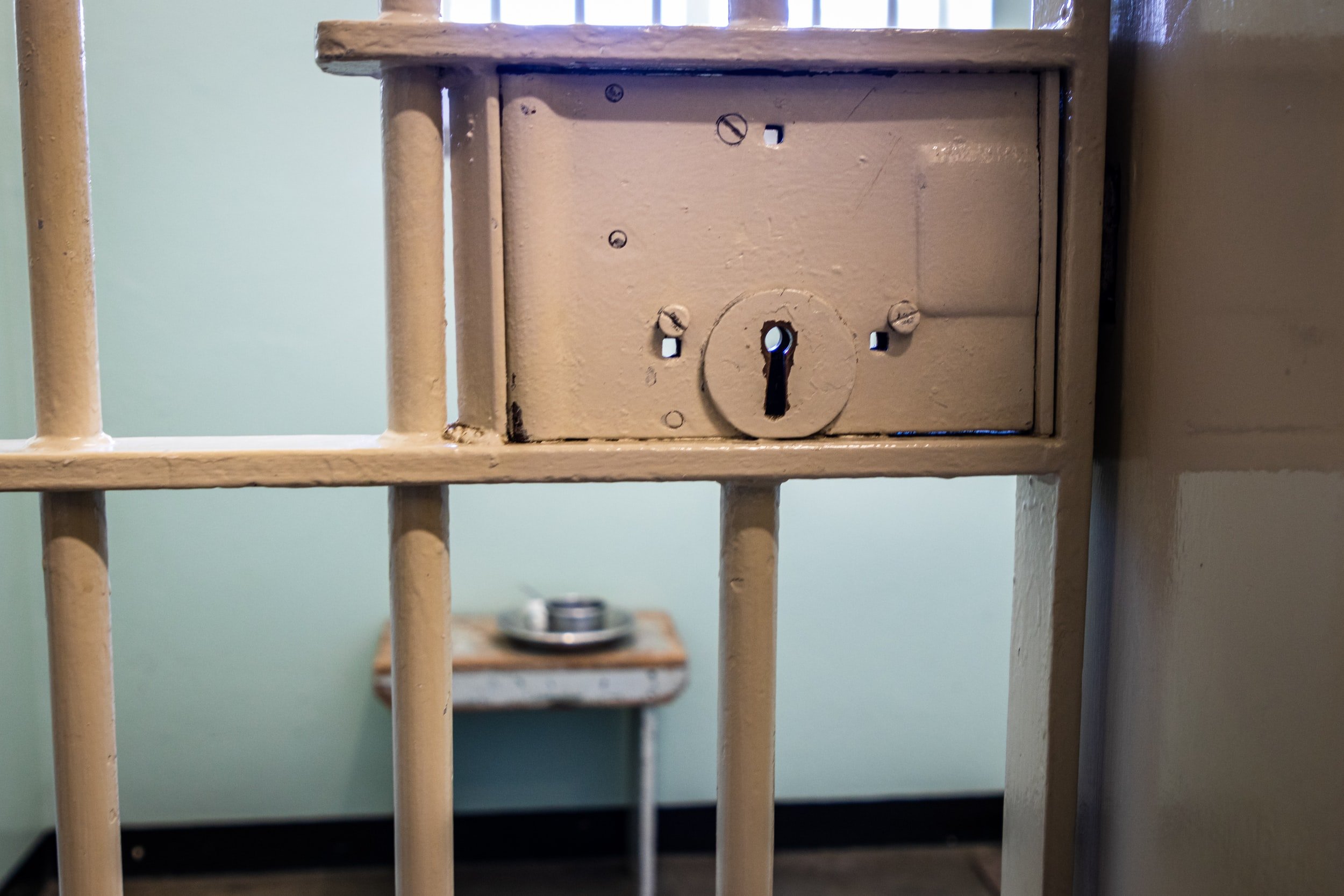Indefinite Detention and the Belief in a Just World
The Defense Authorization Act indefensibly authorizes indefinite detention
The National Defense Authorization Act (NDAA) of 2012, expected to pass congress this week, affirms the government's expansive power to hold individuals in indefinite military detention without charge or trial. And not just foreign individuals. The NDAA will allow U.S. citizens to be captured and held indefinitely without charge or trial. Let me repeat. This bill will allow Americans to be imprisoned permanently without ever being charged or tried. Not only does this provision violate the constitutional guarantee to a speedy, public, jury trial, it also violates the most basic presumption of U.S. criminal law: that a person is innocent until and unless the prosecution proves otherwise.
As the Senate passed its version of the bill, Senator Lindsey Graham (R-S.C.) declared that the bill affirms "the homeland is part of the battlefield." If the homeland is part of the battlefield, Americans have become the enemy.
That there is relatively little public discussion of or national outrage about a bill like this is, I believe, due to a fundamental belief by Americans that those who are suspected of crimes are most likely guilty. They must have done something illegal or they would not have been arrested.
Psychologists have studied this "belief in a just world" for decades. The idea that good things happen to good people, and bad things happen to bad people may be common and comforting. It makes the world feel like a fair and predictable place. However, the belief in a just world isn't helpful when we consider that some good (or innocent) people have bad things happen to them.
Recent exonerations of those convicted of brutal crimes tell us that sometimes mistakes are made, short cuts are taken, or biases guide our pursuits. According to the New York Times Magazine, DNA testing has exonerated 280 convicted felons in the U.S. Wrongful convictions are the result of police and prosecutorial misconduct, mistaken eyewitnesses, and, yes, coerced confessions. And before you say you'd never confess to a crime you didn't commit take a look at the psychological experiments finding exactly this phenomenon at the end of this blog.
The National Defense Authorization Act of 2012 makes the stakes too high. We cannot allow our Constitution to be so fundamentally undermined. Call President Obama today and urge him to veto the NDAA: 202-456-1111.
After you make the call, cozy up with some stimulating holiday reading:
• Kassin, S. M. (2005). On the psychology of confessions: Does innocence put innocents at risk?American Psychologist, 60(3), 215-228. doi:10.1037/0003-066X.60.3.215
• Perillo, J. T., & Kassin, S. M. (2011). Inside interrogation: The lie, the bluff, and false confessions. Law and Human Behavior, 35(4), 327-337. doi:10.1007/s10979-010-9244-2
• Anderson, K. J. (2010). "They must be guilty of something." In Benign bigotry: The psychology of subtle prejudice. Cambridge, UK: Cambridge University Press.
• Tavris, C., & Aronson, E. (2007). Law and disorder. In Mistakes were made (but not by me). New York: Harcourt.
• http://www.nytimes.com/2011/11/27/magazine/dna-evidence-lake-county.htm…
